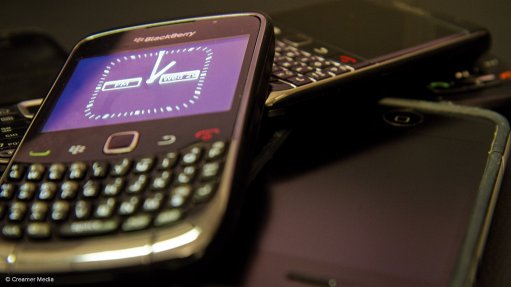
Photo by: Duane Daws
Following the widely-publicised communication jamming during the State of the Nation Address (SoNA) at Parliament on Thursday, the Independent Communications Authority of South Africa (Icasa) said it may institute its own investigation, if it deemed it necessary.
Signal jamming use was prohibited in South Africa by any entity other than the National Security Cluster Departments – and only then for State security reasons, as outlined in a findings document on Mobile Telephone Blocking Devices, gazetted in 2002.
However, on Thursday evening, media and stakeholders took to social platforms accusing government of breaching constitutional rights and freedom of expression after communications were cut off during President Jacob Zuma’s yearly SoNA.
The SOS Coalition said a cellphone signal scrambling device was set up in the National Assembly Chamber to prevent all attendees, including journalists, from transmitting any kind of information.
The proceedings were subsequently delayed as members of Parliament and journalists called for the device to be disconnected and cellphone connectivity restored.
Speaker Baleka Mbete reportedly admitted that the signal had been purposefully scrambled after “finally giving in” and informing attendees that the signal was unscrambled, media houses had reported.
“We need not overstate how this was a direct affront on the hard-won constitutional freedoms of expression and information enshrined in the Bill of Rights. What is, perhaps, less known, yet equally disgraceful, is that Parliament, as the highest legislative body in the land, would contravene an Act of law it passed in that very chamber,” the coalition noted.
SOS called on Icasa to launch an “immediate investigation into the contravention of its very clear regulations” concerning cellphone signal scrambling devices, confiscate the “offending” device and enforce the highest penalty against Parliament to “make it clear that noncompliance will not be tolerated”.
Icasa, which said it would investigate, but only if deemed necessary, welcomed Parliament’s investigation and said it would liaise with Parliament on the outcome of the investigation.